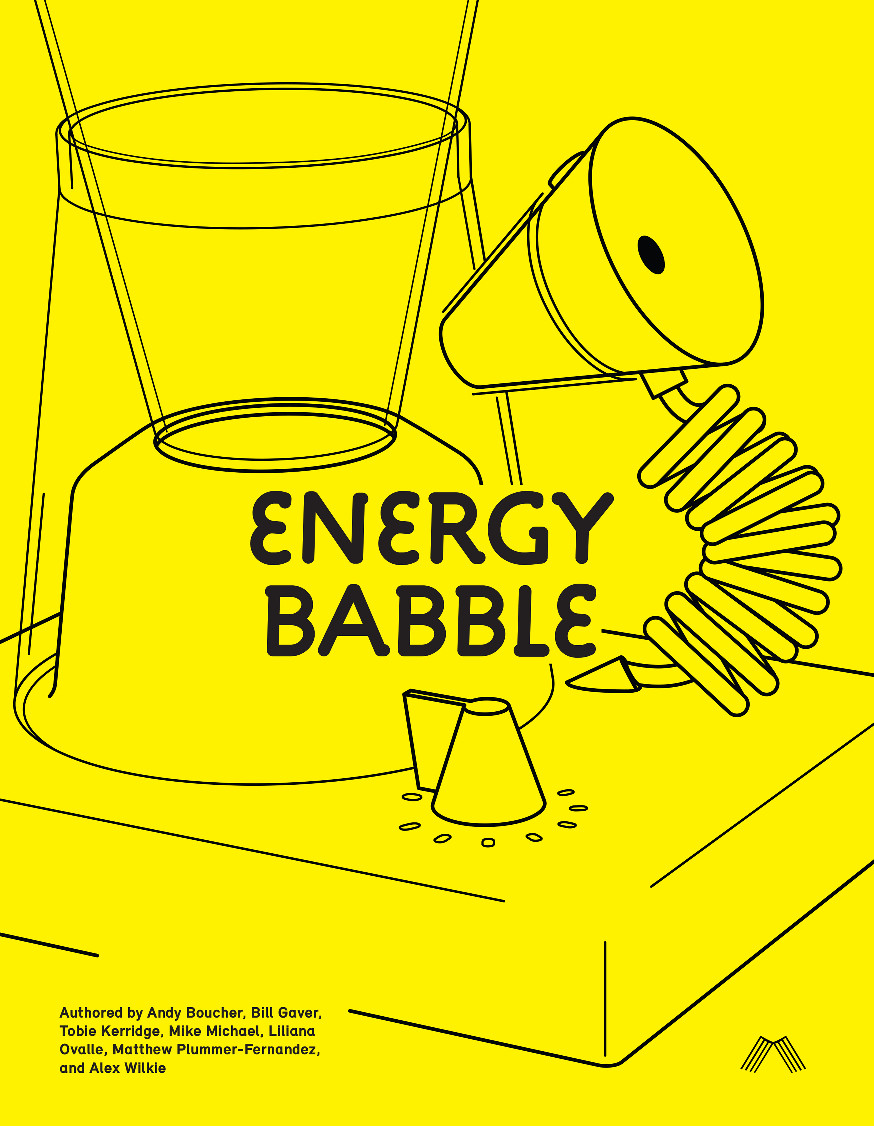Matthew G. Kirschenbaum: Track Changes: A Literary History of Word Processing (2016)
Filed under book | Tags: · computation, digital humanities, history of literature, history of technology, literary theory, materiality, media archeology, media theory, technology, word processing, writing

“The story of writing in the digital age is every bit as messy as the ink-stained rags that littered the floor of Gutenberg’s print shop or the hot molten lead of the Linotype machine. During the period of the pivotal growth and widespread adoption of word processing as a writing technology, some authors embraced it as a marvel while others decried it as the death of literature. The product of years of archival research and numerous interviews conducted by the author, Track Changes is the first literary history of word processing.
Matthew Kirschenbaum examines how the interests and ideals of creative authorship came to coexist with the computer revolution. Who were the first adopters? What kind of anxieties did they share? Was word processing perceived as just a better typewriter or something more? How did it change our understanding of writing?
Track Changes balances the stories of individual writers with a consideration of how the seemingly ineffable act of writing is always grounded in particular instruments and media, from quills to keyboards. Along the way, we discover the candidates for the first novel written on a word processor, explore the surprisingly varied reasons why writers of both popular and serious literature adopted the technology, trace the spread of new metaphors and ideas from word processing in fiction and poetry, and consider the fate of literary scholarship and memory in an era when the final remnants of authorship may consist of folders on a hard drive or documents in the cloud.”
Publisher Belknap Press of Harvard University Press, 2016
ISBN 9780674417076, 0674417070
xvi+344+[16] pages
via slowrotation
Reviews: Brian Dillon (The Guardian, 2016), Jessica Pressman (ALH Online Reviews, 2016), Eric Banks (Bookforum, 2016), Dylan Hicks (LA Review of Books, 2016), Kirkus Reviews (2016), Francis Russell (Hong Kong Review of Books, 2016), A. Bowdoin Van Riper (PopMatters, 2016), Leann Davis Alspaugh (Hedgehog Review, 2016), Thomas Padilla (American Archivist, 2017), Lai-Tze Fan (Papers of The Bibliographical Society of Canada, 2017), Seth Erickson (Interactions, 2017), David Walden (TUGboat, 2017), Grant Wythoff (Revista Hispánica Moderna, 2018), Elena Spadini (Umanistica Digitale, 2018).
Online companion
Publisher
WorldCat
Curtis Roads: Composing Electronic Music: A New Aesthetic (2015)
Filed under book | Tags: · composing, composition, electroacoustic music, electronic music, granular synthesis, music, rhythm, sound, technology

“Electronic music evokes new sensations, feelings, and thoughts in both composers and listeners. Opening the door to an unlimited universe of sound, it engages spatialization as an integral aspect of composition and focuses on sound transformation as a core structural strategy. In this new domain, pitch occurs as a flowing and ephemeral substance that can be bent, modulated, or dissolved into noise. Similarly, time occurs not merely as a fixed duration subdivided by ratios, but as a plastic medium that can be generated, modulated, reversed, warped, scrambled, and granulated. Envelope and waveform undulations on all time scales interweave to generate form. The power of algorithmic methods amplify the capabilities of music technology. Taken together, these constitute game-changing possibilities.
This convergence of technical and aesthetic trends prompts the need for a new text focused on the opportunities of a sound oriented, multiscale approach to composition of electronic music. Sound oriented means a practice that takes place in the presence of sound. Multiscale means an approach that takes into account the perceptual and physical reality of multiple, interacting time scales-each of which can be composed. After more than a century of research and development, now is an appropriate moment to step back and reevaluate all that has changed under the ground of artistic practice.
Composing Electronic Music outlines a new theory of composition based on the toolkit of electronic music techniques. The theory consists of a framework of concepts and a vocabulary of terms describing musical materials, their transformation, and their organization. Central to this discourse is the notion of narrative structure in composition-how sounds are born, interact, transform, and die. It presents a guidebook: a tour of facts, history, commentary, opinions, and pointers to interesting ideas and new possibilities to consider and explore.”
Publisher Oxford University Press, 2015
ISBN 9780195373233, 0195373235
xxvii+480 pages
Reviews: Nick Collins (Music and Letters, 2016), Gregory Taylor (Cycling74, 2016), Warren Burt (SoundBytes, 2016).
PDF (24 MB)
Companion website
Energy Babble (2018)
Filed under book | Tags: · design, energy, sustainability, technology

“This is the story of a set of computational devices called Energy Babbles. The product of a collaboration between designers and STS researchers, Energy Babbles are like automated talk radios obsessed with energy. Synthesised voices, punctuated by occasional jingles, recount energy policy announcements, remarks about energy conservation made on social media, information about current energy demand and production, and comments entered by other Babble users.
Developed for members of UK community groups working to promote sustainable energy practices, the Energy Babbles were designed to reflect the complex situations they navigate, to provide information and encourage communication, and to help shed light on their engagements with energy policy and practice. This book tells the story of the Babbles from a mix of design and STS perspectives, suggesting how design may benefit from the perspectives of STS, and how STS may take an interventionist, design-led approach to the study of emerging technological issues.”
By Andy Boucher, Bill Gaver, Tobie Kerridge, Mike Michael, Liliana Ovalle, Matthew Plummer-Fernandez, and Alex Wilkie
Publisher Mattering Press, 2018
Creative Commons BY-NC-SA 4.0 License
ISBN 0995527725, 9780995527720
148 pages
PDF (16 MB)
Comment (0)
